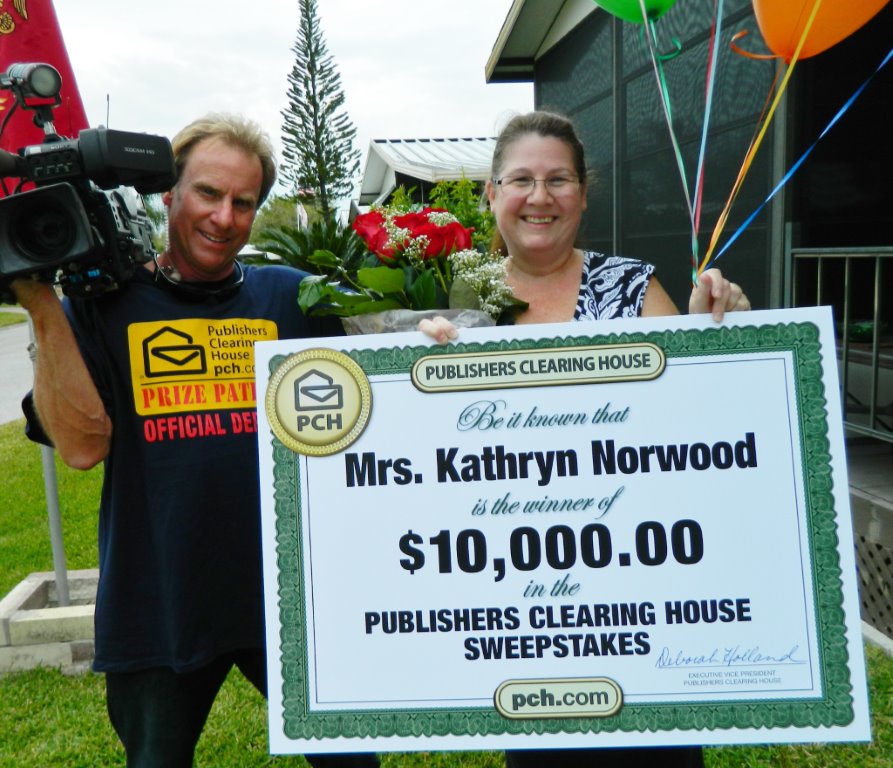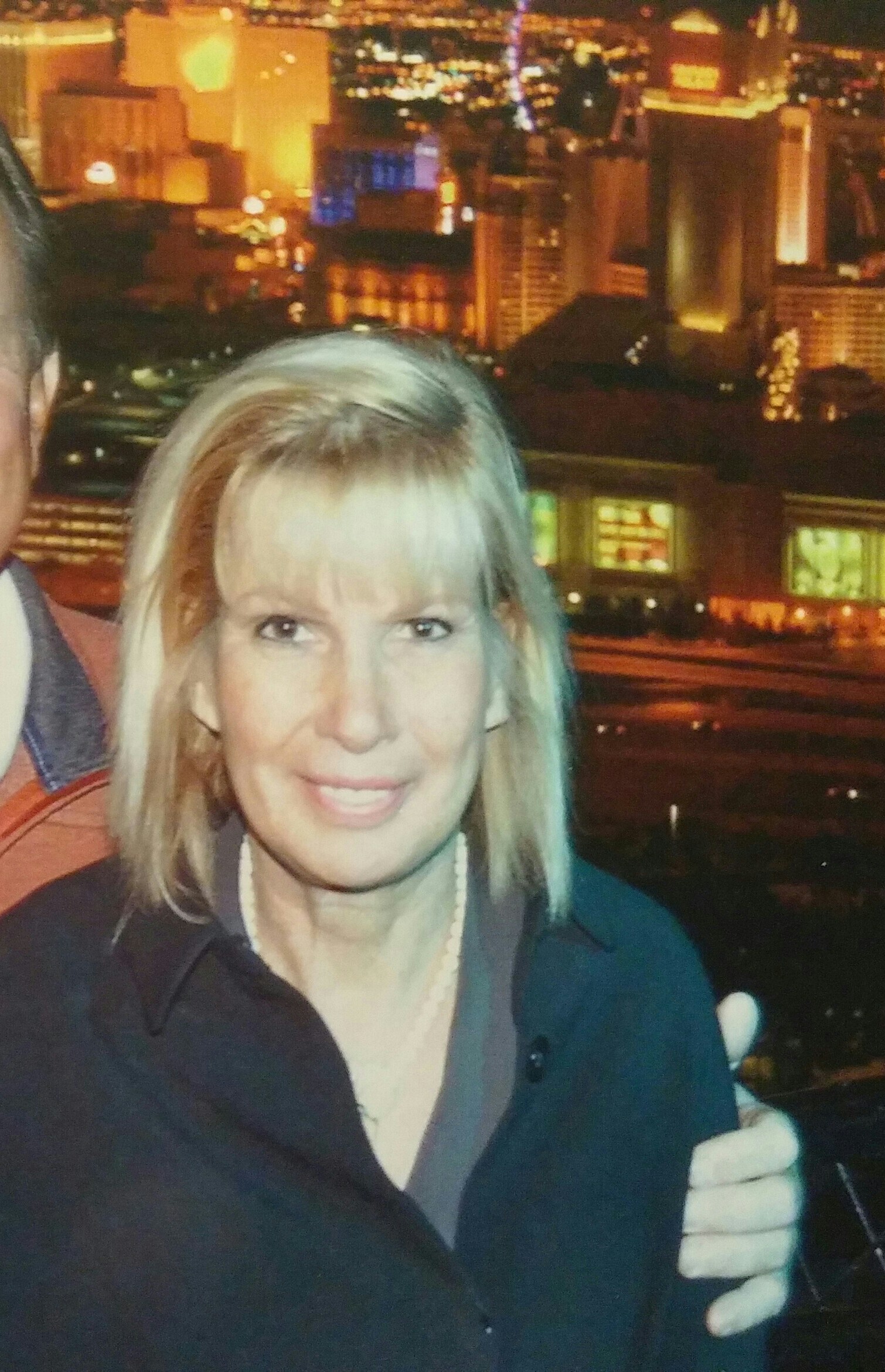Table Of Content
- Learn how the FTC protects free enterprise and consumers
- Williams-Sonoma must pay $3.2 million for falsely claiming products were “Made in the USA”
- Publishers Clearing House Class Actions Claim Subscribers Didn’t Know Personal Information Sold to Advertisers
- You can book a stay at the ‘Up’ house, and it floats
- Understanding How Books Earn Money

(The closemouthed way the latter handles its data has already famously mucked up movie stats.) But “books” encompass everything from niche academic monographs and Sudoku puzzle collections to bestselling novels and memoirs. It would be as if “movie” statistics included educational videos, online porn streaming, and TikToks. The sale would be a violation of Utah’s Notice of Intent to Sell Nonpublic Personal Information Act, the Publishers Clearing House class action lawsuit claims. Moreover, the FTC is not the only entity that has expressed an interest in regulating dark patterns. Indeed, several state comprehensive privacy laws — including statutes and regulations now in effect in California, Colorado, and Connecticut — impose restrictions on companies’ use of dark patterns. Thus, companies should expect regulatory interest in dark patterns at both the federal and state levels.
Learn how the FTC protects free enterprise and consumers
"This is our second dark pattern lawsuit over the last week," Samuel Levine, director of the FTC's Bureau of Consumer Protection, said of the PCH lawsuit in a written statement. "Firms that continue to deploy deceptive design techniques are on notice." PCH, known for its prize patrols and oversized checks, said in a state Worker Adjustment and Retraining Notification filing that nearly half of the 393 workers at its 300 Jericho Quadrangle headquarters would be let go from July 19, 2024, to Feb. 28, 2025. The company said the layoffs are due to the “winddown and eventual closure” of its commerce line of business. Direct marketing to consumers has been part of the business.
Williams-Sonoma must pay $3.2 million for falsely claiming products were “Made in the USA”
My point is that “average book sales” tell you almost nothing about, say, how well the average novel published by a big press, and widely available in bookstores, sells. (To be fair, this also means that the billion-plus number above includes lots of things we wouldn’t normally think of as books.) I went into greater depth about book stats here. According to the FTC, the company has agreed to settle the charges it violated and turn over $18.5 million to the FTC to be used to refund consumers as well as make changes to its operations. When users click on the link to “complete” the final step, they are sent through pages and pages of dark patterns and deceptive sales pitches. According to FTC, the deception begins at the company’s homepage, where customers complete an “Official Entry Form” with a large button with phrasing like “WIN IT!
Publishers Clearing House Class Actions Claim Subscribers Didn’t Know Personal Information Sold to Advertisers
Companies can expect dark patterns to continue to be an area of focus for FTC enforcement and should ensure that their customer experiences are sufficiently transparent and intuitive to pass FTC muster. Though it agreed to the settlement, a spokesman for PCH denied that its customers had been coerced to buy products. Publishers Clearing House (PCH) has agreed to compensate customers affected by its “misleading” business practices $18.5 million, according to the Federal Trade Commission (FTC). PCH agreed to the proposed court order that requires the company to turn over $18.5 million to the FTC. "As part of a settlement, PCH agreed to pay $18.5 million, among other things."
Its pretty OBVIOUSLY a scam to sell product, but a local guy did win here about 10 yrs ago. We are SO GULLABLE nowadays we BELIEVE ANYTHING without Vetting 1st. NOBODY bothers to check things out even with all the internet at our fingertips. I have been ordering from publisher clearing house since around 1989. I finally stopped dealing with them all together.They are SCAMMERS. Remember, the FTC never asks you to pay or share personal information to receive a refund.
Few showers possible tonight, warming into weekend

He has also worked at The Miami Herald and The Jerusalem Post. "The integrity of our sweepstakes prizes and awards was never questioned. We worked hard to address any issues the FTC raised," Publishers Clearing House said. Christina Ianzito is the travel and books editor for aarp.org and AARP The Magazine, and also edits and writes health, entertainment and other stories for aarp.org. She received a 2020 Lowell Thomas Award for travel writing. Report sweepstakes and other scams to the FTC at ReportFraud.ftc.gov. When can we expect to see a refund of our money we spent over the years??
On the other hand, that’s “new movies in theaters” vs. “all books available for sale from throughout history.” Movies are vastly more expensive to make, so far fewer movies are released each year than books are published. Individual movies are watched far more than most individual books are read. The FTC also said the company claims sweepstakes entries are incomplete even when they are not. These allegations from FTC also affect Utahns who have been misled by PCH’s sweepstakes drawings. The FTC’s emphasis on PCH’s use of dark patterns is the latest manifestation of a recent trend, with the Commission having issued guidance on the topic last year, and having incorporated the concept into several recent complaints.

Don't pay anyone who contacts you and promises you a refund but asks you to pay a fee or attempts to obtain your personal information. If you believe you are eligible for a refund, there is nothing you need to do. When we have more information about the refund program, we will post updates here and provide information directly to consumers who are eligible for a refund. PCH didn't return a request for comment on the settlement or allegations by press time. Publishers Clearing House is accused of selling names, addresses and purchasing information, along with demographic information such as age. The lead plaintiffs each want to represent a Class of Illinois, South Dakota, Puerto Rico, Ohio, and California residents who had their names appear on a mailing list that was sold, rented, or offered for sale by PCH.
Playing it Safe: Explore the FTC's Top Video Game Cases
They do not belong to or represent views of the Federal Trade Commission. Publishers Clearing House did not immediately respond to a request for comment. The Commission vote authorizing the staff to file the complaint and stipulated final order was 3-0. Chair Khan and Commissioners Slaughter and Bedoya issued a separate statement. The FTC filed the complaint and final order/injunction in the U.S.
Publishers Clearing House fined, ordered to overhaul sweepstakes - Scripps News
Publishers Clearing House fined, ordered to overhaul sweepstakes.
Posted: Wed, 28 Jun 2023 07:00:00 GMT [source]
If I look at the top 10 percent of books … that 10 percent level gets you to about 300,000 copies sold in that year. And if you told me I’m definitely going to sell 300,000 copies in a year, I would spend many millions of dollars to get that book. The plaintiff claim PCH never asked for permission before selling or renting their personal information on the open market to data miners, data aggregators, data cooperatives, aggressive marketing companies, list brokers, and others. "Today's action builds on previous efforts to crack down on companies that use illegal dark patterns to fuel digital deception and harm consumers," FTC Chair Lina Khan and commissioners said in a statement. The agency says PCH made it seem as though customers needed to purchase a product on the PCH website in order to be eligible to win or to better their chances of winning a prize.
I have been buying and dealing with PCH for more than 20 years. Tells people your chances are better if you buy something. I learned from all these years buying from PCH that this is not true at all. Ive never heard of them putting things in your cart you didnt order.
If you believe you are eligible for a refund with PHC, there is nothing you need to do, and FTC will post updates as well as inform consumers directly that they are eligible for a refund. “Any prize that requires you to pay first to receive your prize is a scam,” MCSO posted on Facebook. Ken Schachter covers corporate news, including technology and aerospace, and other business topics for Newsday.
Publishers Clearing House agrees to pay $18.5M to settle FTC lawsuit - Newsday
Publishers Clearing House agrees to pay $18.5M to settle FTC lawsuit.
Posted: Thu, 29 Jun 2023 07:00:00 GMT [source]
So, some small-press editors might be happy with 1,000 sales. You might think that only 50 percent of books making money for the publisher is a bad thing, but most comparable industries operate this way. In entertainment, a few big winners have always funded the rest. Publishers Clearing House is facing a class action lawsuit related to its sale of names, addresses and purchasing information along with demographic information such as age of those on its mailing list. Further, plaintiffs argue the practice of selling or renting the mailing lists is not only unlawful but also puts the exposed customers’ at risk of identity fraud or of being targeted in some way. As part of the settlement, PCH will pay $18.5 million to compensate affected customers, though the FTC has not announced how the money will be disbursed and at the time of publication had not responded to requests for comment on this point.
I told them they would have to pay the shipping and they said keep it. We don't edit comments to remove objectionable content, so please ensure that your comment contains none of the above. The comments posted on this blog become part of the public domain. To protect your privacy and the privacy of other people, please do not include personal information. Opinions in comments that appear in this blog belong to the individuals who expressed them.
Or that doing so would improve their chances of winning a prize. In addition to the $18.5 million being refunded to customers, Publishers Clearing House will also have to display clear disclosures on its website that inform customers their purchases are not needed to win or increase their chances of winning a sweepstakes. The FTC alleged Publishers Clearing House tricked customers into making purchases by using “dark patterns”—design practices that manipulate consumers into making potentially harmful or uninformed decisions. As a result of a Federal Trade Commission lawsuit, Publishers Clearing House (PCH) has agreed to a proposed court order will require it to pay $18.5 million to consumers who spent money and wasted their time, and make substantial changes to how it conducts business online. The Federal Trade Commission works to promote competition and protect and educate consumers. The FTC will never demand money, make threats, tell you to transfer money, or promise you a prize.

No comments:
Post a Comment